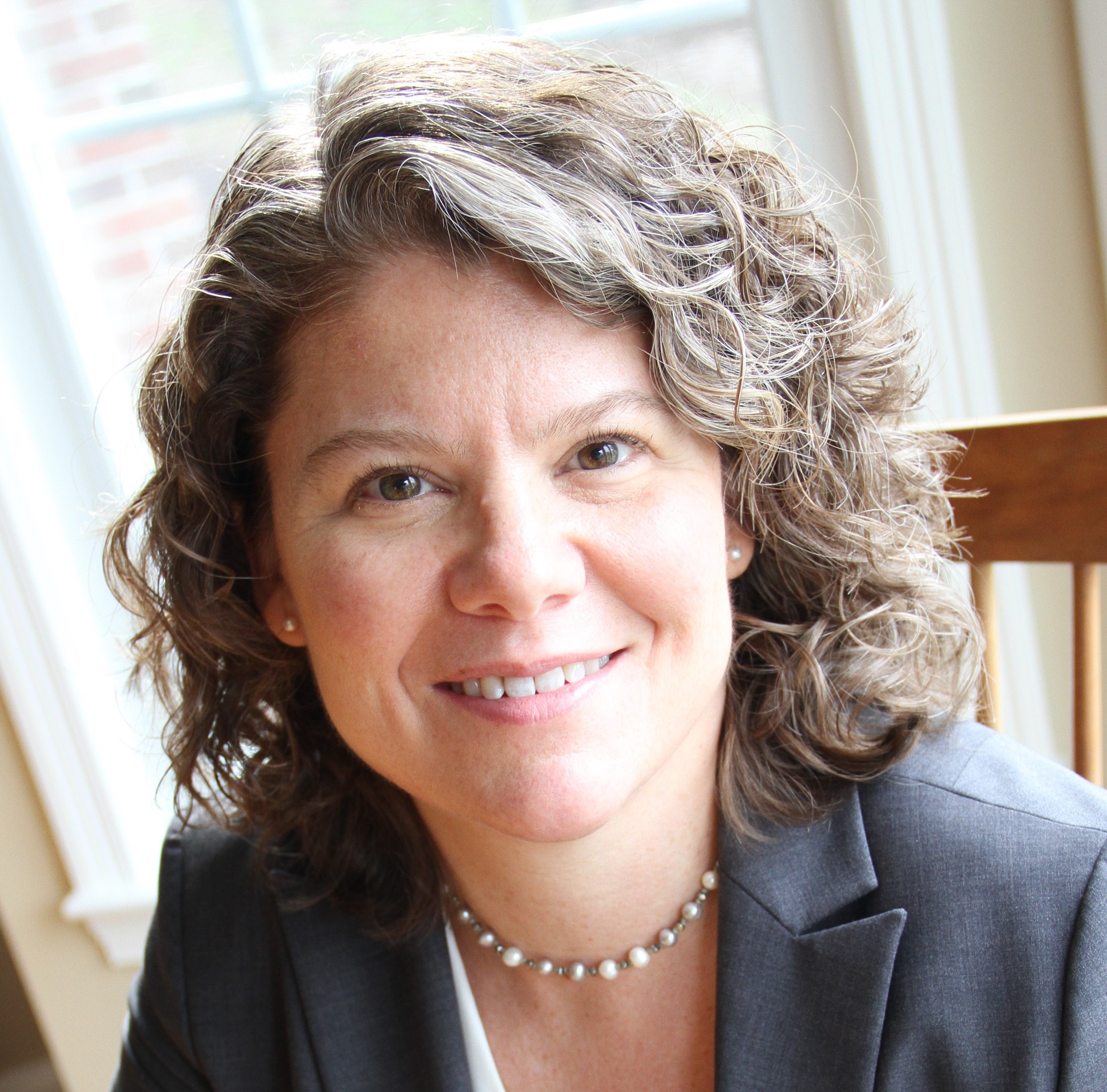PSB 2023 Keynotes

- Center for Genomic Medicine, Massachusetts General Hospital
- Chief Genomics Officer, Department of Medicine, MGH
- Co-Director, Program in Medical and Population Genetics, Broad Institute of MIT and Harvard
- Medical Director, Broad Institute Clinical Research Sequencing Platform
- Professor of Pathology, Harvard Medical School
A key challenge in medicine and biology is to develop a complete understanding of the genomic architecture of disease. Yet the increasingly wide availability of 'omics' and clinical data, including whole genome sequencing, has far outpaced our ability to analyze these datasets in the genomic and organismal context. Challenges include interpreting the 98% of the genome that is noncoding to identify variants that are functional and may lead to disease, detangling genomic signals regulating tissue-specific gene expression, mapping the resulting genetic circuits and networks in disease-relevant tissues and cell types, and, finally, integrating the vast body of biological knowledge from model organisms with clinical observations in humans. I will discuss methods, including deep learning approaches, that address these challenges, and highlight their applications to the study of human diseases, including Autism Spectrum Disorder, Alzheimer's Disease, and cancer.
Heidi Rehm is the Chief Genomics Officer in the Department of Medicine and at the Center for Genomic Medicine at Massachusetts General Hospital working to integrate genomics into medical practice. She is a board-certified laboratory geneticist and Medical Director of the Broad Institute Clinical Research Sequencing Platform working to guide genomic testing for clinical and clinical research use. She is also Co-Director of the Program in Medical and Population Genetics at the Broad Institute and Professor of Pathology at Harvard Medical School. She is a principal investigator of ClinGen, providing free and publicly accessible resources to support the interpretation of genes and variants. Rehm also co-leads the Broad Center for Mendelian Genomics focused on discovering novel rare disease genes and co-leads the Matchmaker Exchange to also aid in gene discovery. She is a strong advocate and pioneer of open science and data sharing, working to extend these approaches through her role as vice chair of the Global Alliance for Genomics and Health. Rehm is also a principal investigator of the Broad-LMM-Color All of Us Genome Center supporting the sequencing and return of results to a cohort of one million individuals in the US and co-leading gnomAD, the Genome Aggregation Database.
Rehm received her bachelor's degree from Middlebury College in Molecular Biology and Biochemistry. She completed her PhD in Genetics at Harvard University studying the genetic and pathological basis of Norrie Disease, a deaf-blindness syndrome, and served as a postdoctoral fellow at Massachusetts General Hospital and Howard Hughes Medical Institute, expanding her studies into the genetic basis of hearing loss. She also completed a fellowship in Clinical Molecular Genetics at Harvard Medical School followed by board certification by the ABMGG.

- Assistant Professor
- Indigenous Futures Institute | Climate Action Lab | Design Lab
- Global Health | Data Science | Anthropology
- University of California, San Diego | University of California, Gump Station (Mo'orea)
- Native BioData Consortium | ENRICH Global Chair
- Emerson Collective Fellow | WEF Global Futures Council Member
According to The Economist, in 2018 oil was the most-traded commodity in the world. But in 2019, the demand for oil had been surpassed by the demand for data, including digital sequence information (DSI) of genetic resources. Despite increasing enthusiasm for historically marginalized communities’ participation in biomedical research and a recognition of the potential for next-generation precision medicine, concerns around control and access of data derived from these populations remain.
This lecture will highlight the emergence of new tools to enable equitable Indigenous data futures. Specifically it will explore key paths forward that are not only rooted in Indigenous Data Sovereignty (IDS), but circular economic systems, and place-based innovation. It will also highlight the potential for vertical integration and control of stacks of technology, including dynamic consent, data trusts, digital ledger systems, and cloud computation to empower Indigenous communities for generations to come.
If aggregated and controlled by Indigenous communities, these data and technologies can be harnessed to reclaim our past, revitalize our culture, restore our lands, and empower the next one hundred generations of Indigenous communities around the world. From Indigenous control of satellites to reduce the digital divide, to recognizing the emergent value of biodiversity data under the custodianship of Indigenous communities, our goal is to educate Indigenous peoples around the world on the potential use and misuse of evolving big data ecosystems in 2021 and into the future.
Keolu Fox is the first Kānaka Maoli to receive a doctorate in genome sciences. Keolu is a co-founder of the Native BioData Consortium (NBDC) and an Assistant Professor at the University of California, San Diego (UCSD), where he is a co-founder and co-director of the UCSD Indigenous Futures Institute. Keolu is also affiliated with the Halıcıoğlu Data Science Institute, the Department of Anthropology, the Global Health Program, the Climate Action Lab, and the Design Lab. Keolu's work focuses on the connection between raw data as a resource and the emerging value of genomic health data from Indigenous communities. He has experience designing and engineering genome sequencing and editing technologies, and a decade of grassroots experience working with Indigenous partners to advance precision medicine.
